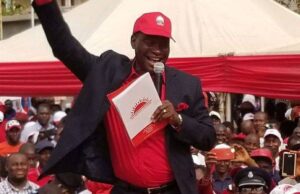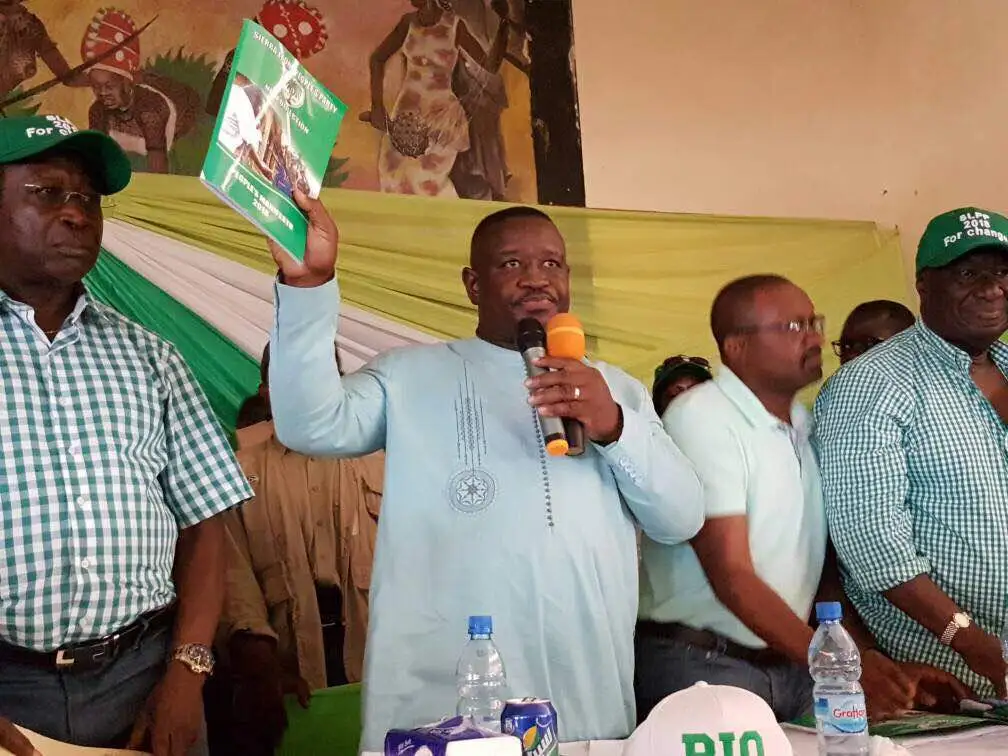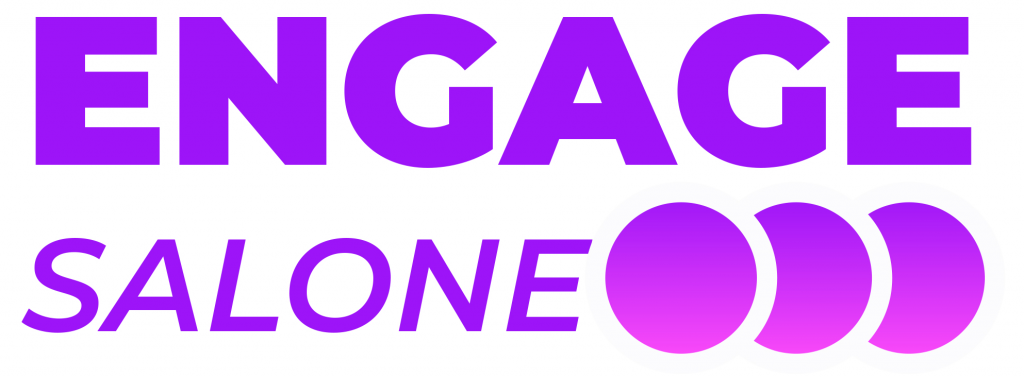The elections are upon us. Even before campaigning officially begins, politicians and their parties have been going around, drumming up support and seeking votes. We have seen an avalanche of banners and billboards, and some jam-packed political events. As in a transfer window in sports, politicians have also been switching sides–ditching one colour for another. Social media is on fire. The fuel? Political rhetoric. In fact, the two main political parties have officially nominated their candidates for president. What has been missing in all of this is a clear plan that lays out the programme on which the parties and candidates intend to deliver–a manifesto. In our context, manifestos may not determine which party or candidate wins, but they matter.
Granted that the elections are running on a very tight and probably strange calendar, with less than two months to go, it is expected that the public has something to help them make informed decisions about who to elect. Apart from the vague speeches, empty slogans and wayward “ataya-base” arguments that have come to dominate social media, the aspirants and their parties have not presented a clear plan on which their constituents can determine who is best for the country. The country faces numerous challenges–from hardship and high cost of living to energy and healthcare. It is pointless for politicians to keep acknowledging these issues because they are entrenched and well-known. The ordinary Sierra Leonean does not need to be reminded that their economy is in shambles, the currency is in a freefall and that their healthcare, water and electricity services are undependable. They live it, and they know it. What they do not know is how their aspirants and leaders plan to fix the problems. That is why manifestos matter.

We like to think that people do not vote on manifestos. We also like to think that manifestos are a pack of wild promises that no one works on keeping. But that is changing and even if people vote on a set of sentiments that is not necessarily in a manifesto, a clear programme allows them to hold their leaders accountable based on commitments they make at elections.
Actually, manifestos do not just serve the electorate. They become a guide for political parties if and when they win elections. The reality of governance may be different but a programme that is thought-through, consultative and sensible can become a blueprint that informs government policies. This is even more important for opposition parties because they do not only need to offer a clear and plausible alternative to the status quo. They also have to demonstrate their preparedness to tackle the biggest issues facing the nation.
That the political parties still have not presented a clear plan in the form of a manifesto–less than two months to the elections–is not only disappointing. It is also disrespectful to the people whose mandate they are seeking. At this point, we should have moved away from the Premier League football type of banter. Weeks to the elections, politicians must give the voters the opportunity to examine what they are offering and the conversations must be based on those offerings which hopefully would include how to tackle the most pressing issues of the day.
About The Author
- Engage Salonehttps://staging.engagesalone.org/author/eng21_admin/
- Engage Salonehttps://staging.engagesalone.org/author/eng21_admin/
- Engage Salonehttps://staging.engagesalone.org/author/eng21_admin/
- Engage Salonehttps://staging.engagesalone.org/author/eng21_admin/


